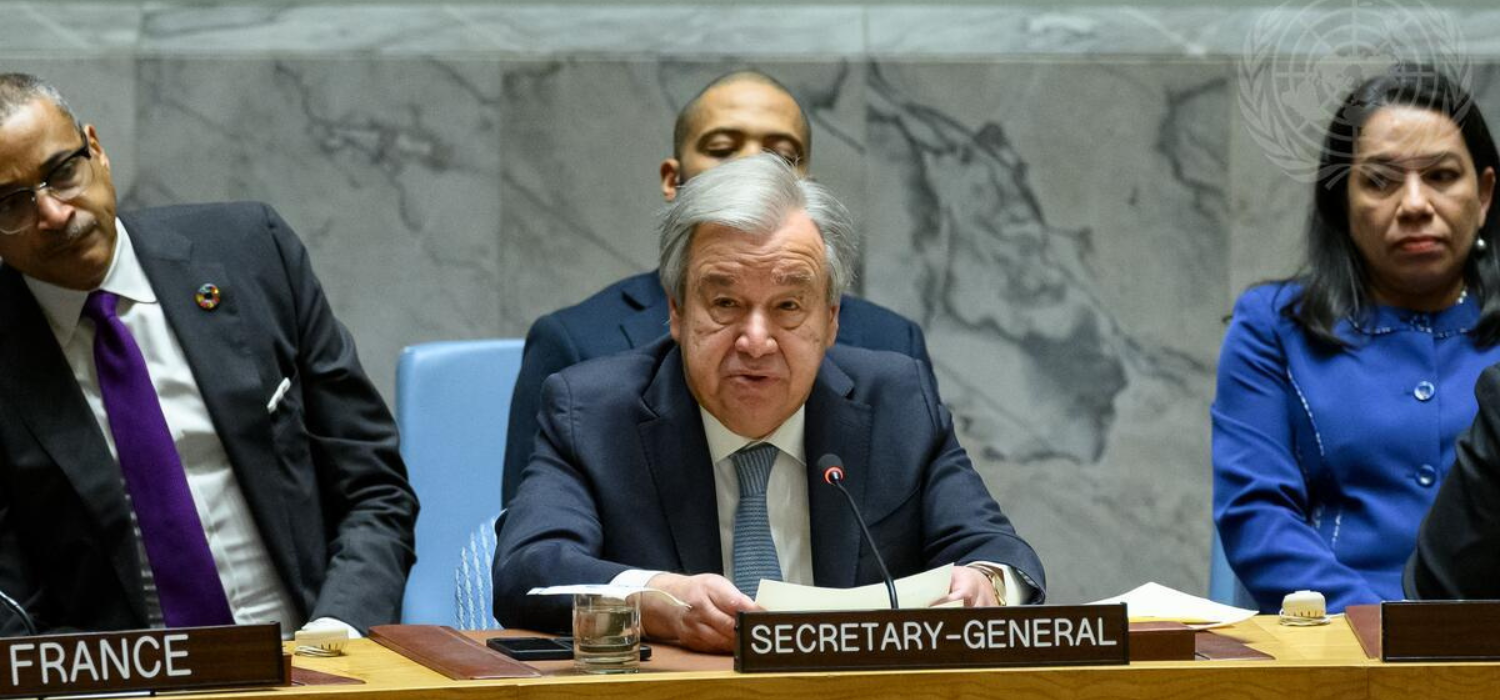SEED FUNDING JOINT PROGRAMMES
Rwanda
Resilient Food Systems: Enhanced Value Chain and Post Harvest Management





PROJECT TITLE | Resilient Food Systems: Enhanced Value Chain and Post Harvest Management |
| Context | Food systems transformation is embedded in several national policies in Rwanda, including the National Transformation Strategy, the Strategic Plan for Agriculture Transformation, the National Environment and Climate Change Policy. In 2021, Rwanda developed its National Pathway, which highlights four priority areas for the country towards 2030: ensuring food security and nutrition for all, while increasing demand for healthy diets; enhancing the environmental sustainability of food systems; improving livelihoods for farmers and all workers in food systems while building resilience to shocks; promoting inclusion of women and youth in food systems, including through enhanced financial opportunities. |
| PUNOs | FAO, WFP, IFAD |
| Contribution to SDGs | SDG 1 No Poverty; SDG 2 Zero Hunger; SDG 8 Decent Work and Economic Growth; SDG 13 Climate Action |
| Contribution to other SDG transitions | Decent Jobs and Universal Social Protection; Energy Access and Affordability |
| Duration | July 2024 – June 2025 |
| Expected financial leverage | $ 3,070,000 |
| Alignment with SG Call to Action | Policy integration; Food systems governance; Research, data, technology and innovation; Inclusive and participatory design; Private sector engagement |
| Outcomes | The JP leverages on improved post-harvest management as a strategic approach to simultaneously reduce food loss, improve incomes, and boost food availability. The JP promotes the economic integration of youth-led MSMEs and builds linkages with partners and initiatives focused on nutrition and food security to connect the dots between food production, processing and consumption. |
| Partners |
|
| Outputs |
|
UN Secretary-General urges alignment of climate action and food systems transformation for peace and security

©UN Photo/Loey Felipe
13 February 2024: In his remarks to the Security Council High-level Open Debate on the Impact of Climate Change and Food Insecurity on the Maintenance of International Peace and Security, the UN Secretary-General emphasized the critical importance of aligning climate action with food systems transformation. He referenced the recent UN Food Systems Summit +2 Stocktaking Moment (UNFSS+2) and the Hub’s Convergence Initiative as essential components of this alignment.
The UNFSS+2, held in Rome in July 2023, served as a platform for countries to review progress on commitments to action and identify priorities for closing the implementation gap in food systems transformation. With 182 Member States present, it advocated for urgent action at scale, highlighting the role of sustainable, equitable, and resilient food systems in achieving the Sustainable Development Goals.
The Food Systems and Climate Convergence Initiative, launched during the UNFSS+2, focuses on aligning national food systems pathways with climate-related targets, including Nationally Determined Contributions and National Adaptation Plans. It aims to catalyze advancements toward climate-smart and nature-positive food systems, promoting a fair and sustainable future.
The Secretary-General underscored the urgent need to address the intertwined challenges of climate change, food insecurity, and conflict. He emphasized that aligning climate action and food systems transformation is crucial for securing sustainable development, livelihoods, and peace. The remarks reflect a call to action for governments, businesses, and societies to work together in creating food systems that are both environmentally sustainable and socially equitable.
As the world faces escalating threats from climate change and food insecurity, the Secretary-General's message highlights the importance of coordinated efforts to address these challenges and build a future free from hunger and conflict.
“A global food crisis is creating a hellscape of hunger and heartache for many of the world’s poorest people.
And the climate crisis is accelerating with a deadly force – last year was the hottest ever.
Both these facts undermine peace.”
UN Secretary-General António Guterres
Related Links:
